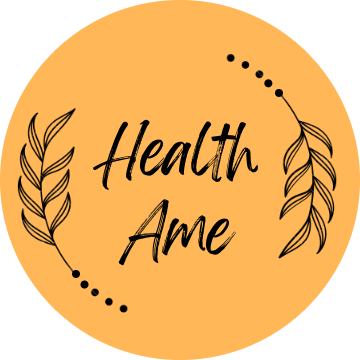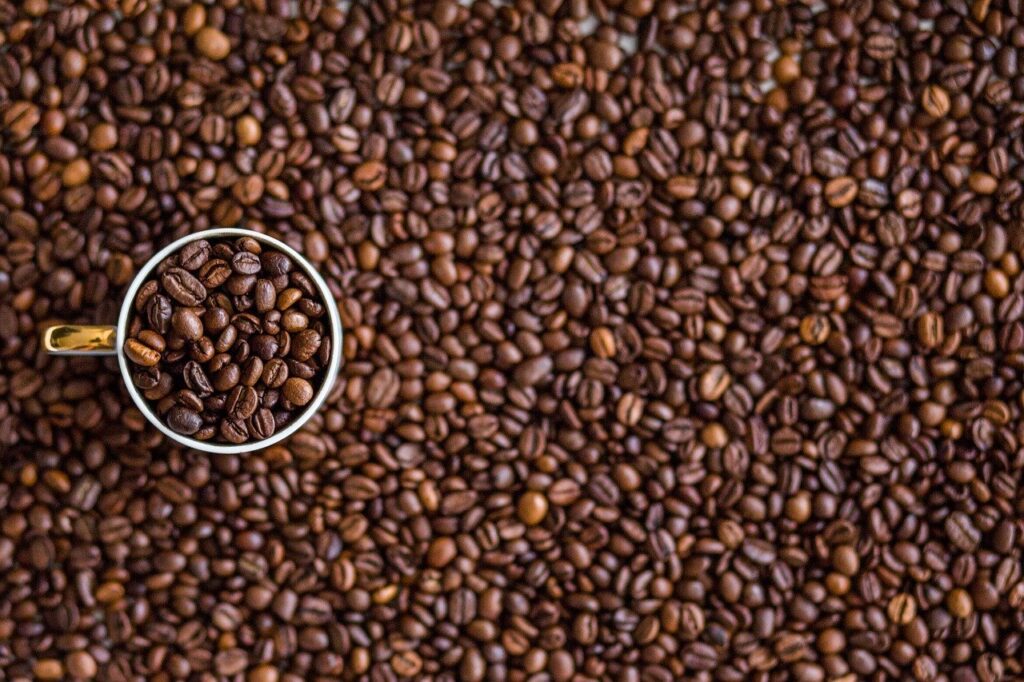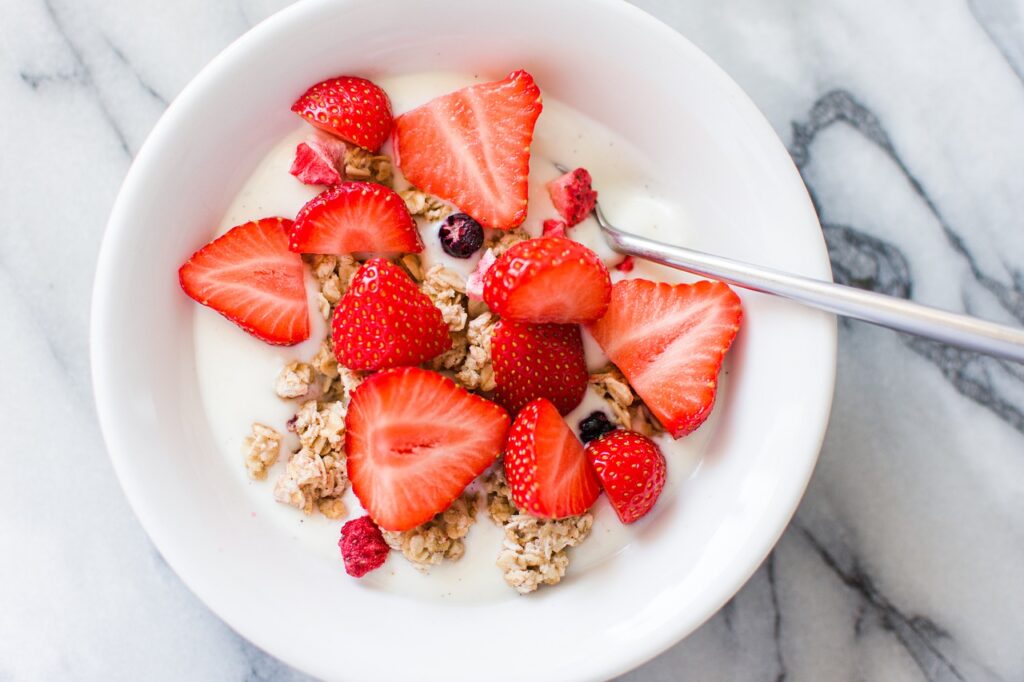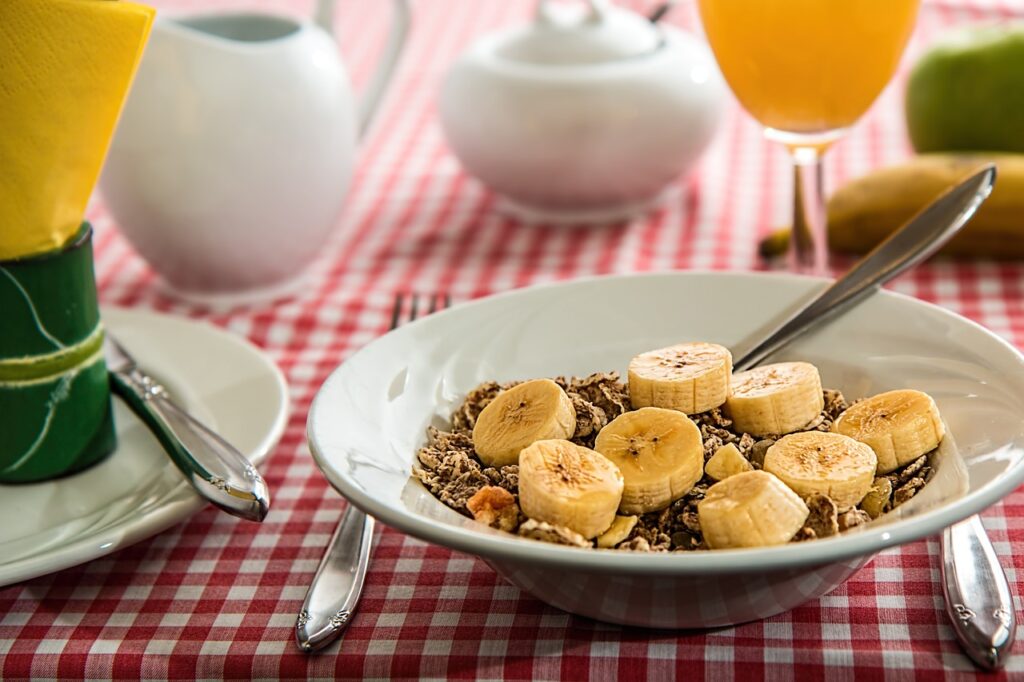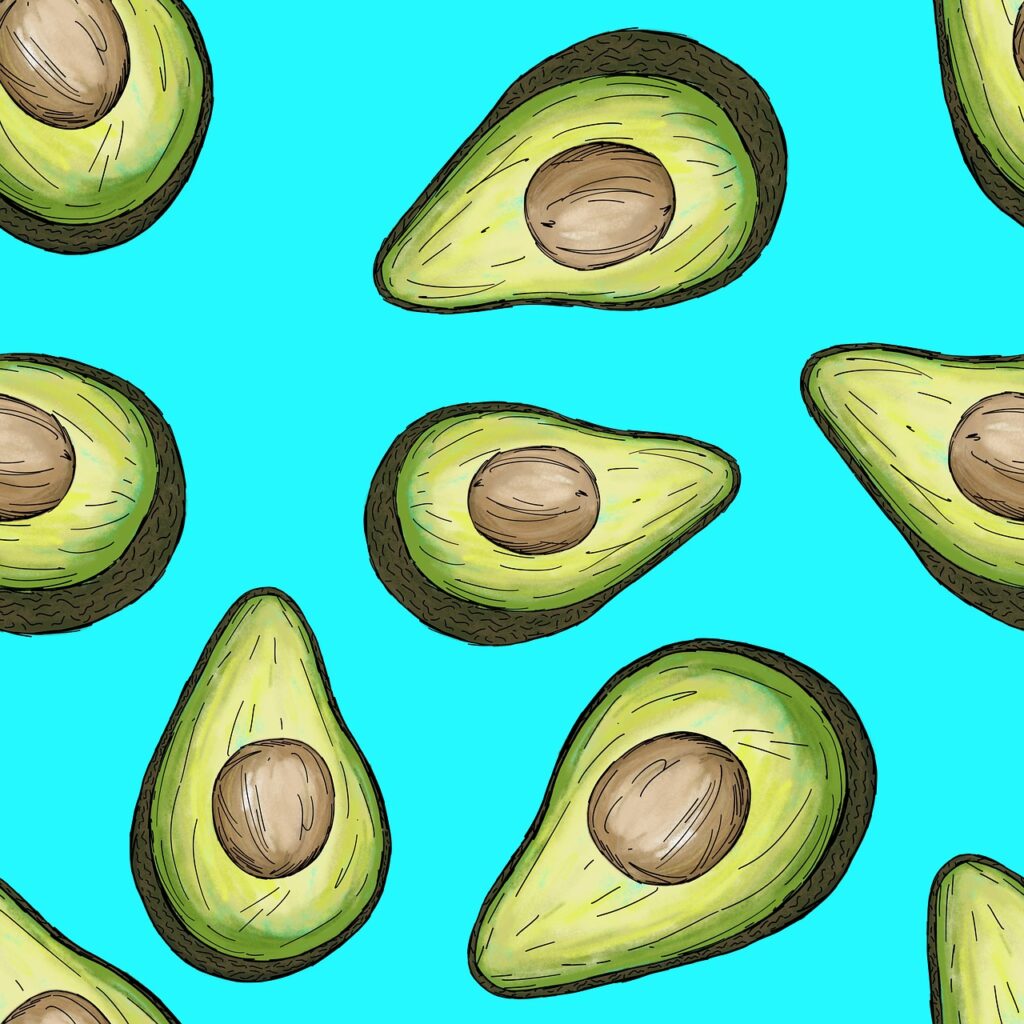What is caffeine?
Caffeine is a naturally occurring substance that is known for boosting energy levels in your body and is available in more than 50 plants which includes
Tea leaves
Coffee beans
Cacao pods.
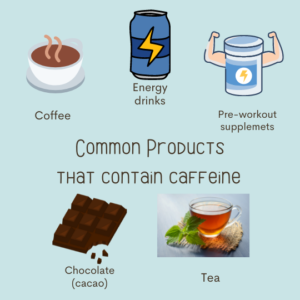
Caffeine is a stimulant and thus used in the most commonly used drug in the world. It is also available synthetic /man-made caffeine, which is used in some medicines, foods, and drinks which including
–Energy drinks
-Some painkillers
-Cold medicines
–Pre-workout supplements
Its consumption increases wakefulness, alleviates fatigue, and improves concentration and focus.
Facts about caffeine
- Caffeine is a stimulant that occurs naturally in some foods.
- The recommended dose of caffeine is a maximum of 400mg per day.
- Intake of coffee may enhance weight loss, cognitive function, and alertness when taken in moderation.
- Energy drinks can contain high levels of caffeine but are unlikely to be hazardous unless consumed with alcohol.
- Most pre-workout supplements contain caffeine as their primary ingredient.
The benefits of caffeine
- Can help restore mental alertness.
- Used to treat tiredness and drowsiness, and to improve the effect of some pain relievers.
- Stimulates your central nervous system, which can make you feel more awake and give you a boost of energy.
- Is a diuretic, meaning that it helps your body get rid of extra salt and water by urinating more.
- An increase in blood pressure helps in athletic performance commonly used in pre-workout supplements.
- Boots weight loss by suppressing the appetite and temporarily reducing the desire to eat.
- It can improve your short-term memory and speed up your reaction times
- Caffeine is known to enhance the fat-burning capacity of your body.
Generic Side effects of caffeine
Feeling of dizziness.
Sudden fast heart rate.
High doses of caffeine can worsen anxiety and depression.
Insomnia affects as Consuming caffeine 3 and even 6 hours before bedtime can significantly disrupt sleep
Who should avoid caffeine in moderate to large amounts?
A person having any disease related to chronic headaches.
A person suffering from anxiety or depression.
Pregnant women, since caffeine, passes through the placenta to your baby.
People with high blood pressure.
Caffeine in Energy drinks
Caffeine is widely used in energy drinks and same advertised to give you great energy and alertness.
In moderation, these drinks do much harm to the body but if taken in more than recommended amount it leads to various side effects.
You can also read our article on the side effects of energy drinks.
What do studies say about caffeine?
In reference to one of the studies below are the effects of caffeine
study link
Let’s see the outcomes of this study:-
| Outcome | Impact of caffeine | Comments |
|---|---|---|
| Cognitive effects | Increase | More effective in withdrawn and fatigued individuals |
| Neurological disorders | Increase | More pronounced benefits in women |
| Pain relief | Increase | Works along with other pain relievers to improve their effectiveness |
| Cardiovascular function | High Increase | Dose-dependent effects on BP and HR. Harmful in cardiac patients |
| Vascular system | Increase | Caffeine causes vasoconstriction. |
| Reproductive effects | Decrease | High caffeine increases risk of miscarriage |
| Sleep disturbance | Very high increase | Caffeine disrupts sleep in all populations studied |
| Hydration and diuresis | No impact | No clear relationship |
(Source)
Disclaimer: This content including advice provides generic information only. It is in no way a substitute for a qualified medical opinion. Always consult a specialist or your own doctor for more information.
